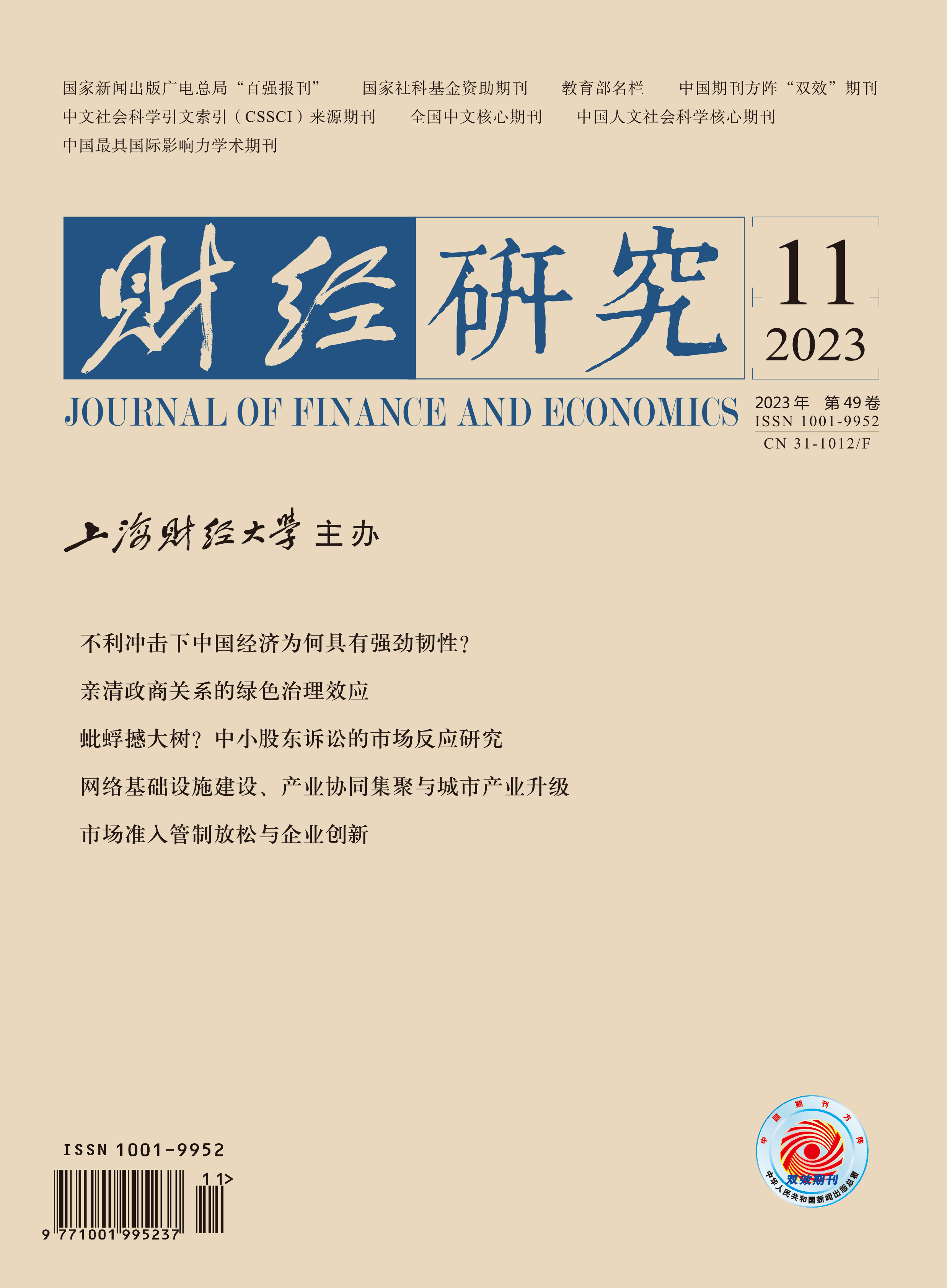Equity incentive affects the environmental attitude of senior executives, and the variation in the environmental attitude and interest orientation of senior executives will lead to different environmental governance input choices of enterprises. Therefore, based on the financial data of A-share high-pollution enterprises in Shanghai and Shenzhen Stock Exchanges from 2009 to 2020, this paper examines the relationship between executive equity incentive and enterprise environmental governance input, and further analyzes the heterogeneous impact of external governance environment.
The results show that executive equity incentive will inhibit transferred enterprise environmental governance input, increase its substantial input in environmental governance, and improve the enthusiasm of enterprises for environmental protection. Further research illustrates that improving operating efficiency and restraining management myopia is an important mechanism for executive equity incentive to restrain transferred environmental governance input and increase substantial environmental governance input. Moreover, environmental regulation, market competition, media pressure, and analyst attention have a moderatoring effect, which can strengthen the negative relationship between executive equity incentive and transferred environmental governance input, and promote the positive relationship between executive equity incentive and substantial environmental governance input.
The contributions of this paper are as follows: First, based on manual collection and organization of different types of environmental governance input, it analyzes the impact of executive equity incentives on the transferred and substantive environmental governance input of enterprises from the perspective of input motivation heterogeneity, providing a more innovative and detailed perspective for the research on corporate environmental governance. Second, it explores how executive equity incentive exerts an impact on the heterogeneous environmental governance input of enterprises, and characterizes the mechanism from the perspectives of efficiency and governance. Third, it directly discusses the impact of executive equity incentive on environmental governance input, which not only enriches the literature in the field of corporate environmental governance, but also provides empirical evidence for the optimization of corporate internal and external governance mechanisms and environmental input decisions, and provides a reference for the improvement and deepening of environmental governance policies of decision-making departments in China.





 5786
5786  8084
8084

